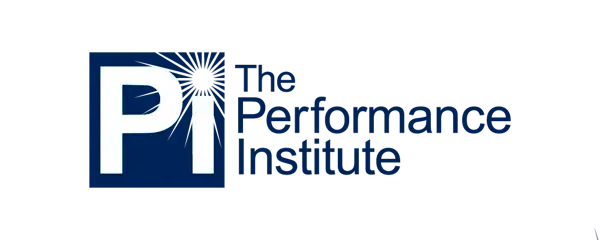The Performance Institute is pleased to present the first in a three-part series providing insight on How to Manage Difficult Government Employees authored by Stewart Liff .
Difficult government employees are in fact, easy to identify. Here are some signs to look for. While they are not all-inclusive, they are good indicators of where your personnel problems lie:
1. Everyone is Aware of the Problem Employees
That is because they stick out like a sore thumb. For example, whenever I visit a new organization, within a short period of time I know who the problem employees are. Why? Because everyone else knows who they are and are more than willing to share this information with you in the hope that someone, anyone will do something about them.
2. Difficult People Tend to be Cynical and See the Worst in Others
Problem employees are usually suspicious of others and as a result, frequently make negative comments about their co-workers. They rarely take the extra step and often see demons around every corner.
3. Difficult Employees are Unusually Critical of Management
It is not unusual for employees to criticize poor management decisions. However, problem employees tend to see every management decision through a prism of negativity and as a result are never satisfied.
4. Troubled Employees are rarely willing to Take Responsibility for Their Problems
This trait is easily detected because difficult people will often have a number of problems, both personal and work-related. The employee that commonly is late to work but blames traffic or an alarm clock for not going off is the perfect example of the way a difficult employee thinks.
5. Poor Employees will Subtly Undermine the Organization
Your difficult people are probably actively sabotaging you, but doing it in subtle ways. This is the employee who breaks numerous rules, but always seemingly in good faith and never the same way twice. Looking at the actions of the employee one at a time, they may seem to be innocent, but looking at those actions overall, you can see a pattern of insubordination and sabotage.
The point here is that people who exhibit the behavior described above, are going to be harmful to your organization. It may manifest itself in poor performance and/or behavior, but it will definitely appear in some form and will certainly pull you down.
Take Action.
Want to manage difficult employees in your organization? The Performance Institute offers more than 100 open enrollment courses annually and can bring any course on-site. Intensive, methodology-based courses include step-by-step processes to improve organizational management capacity. Join The Performance Institute. The Performance Institute is a nonpartisan, private think tank seeking to improve public and private sector performance through the principles of transparency, accountability, performance and engagement. We serve as the nation’s leading authority and repository on performance-based management practices for government. Learn more about our courses and how the can help your organization here.
About the Author
Stewart Liff is an HRM, visual performance management, and team development expert. He serves as a Fellow with The Performance Institute and is the President and CEO of Stewart Liff & Associates. He is the author or co-author of seven books, including Managing Government Employees and A Team of Leaders
View Stew Liff’s full webinar presentation, How to Manage Difficult Government Employees, here.









.jpg?width=950&name=man-showing-distress-3777572%20(1).jpg)



